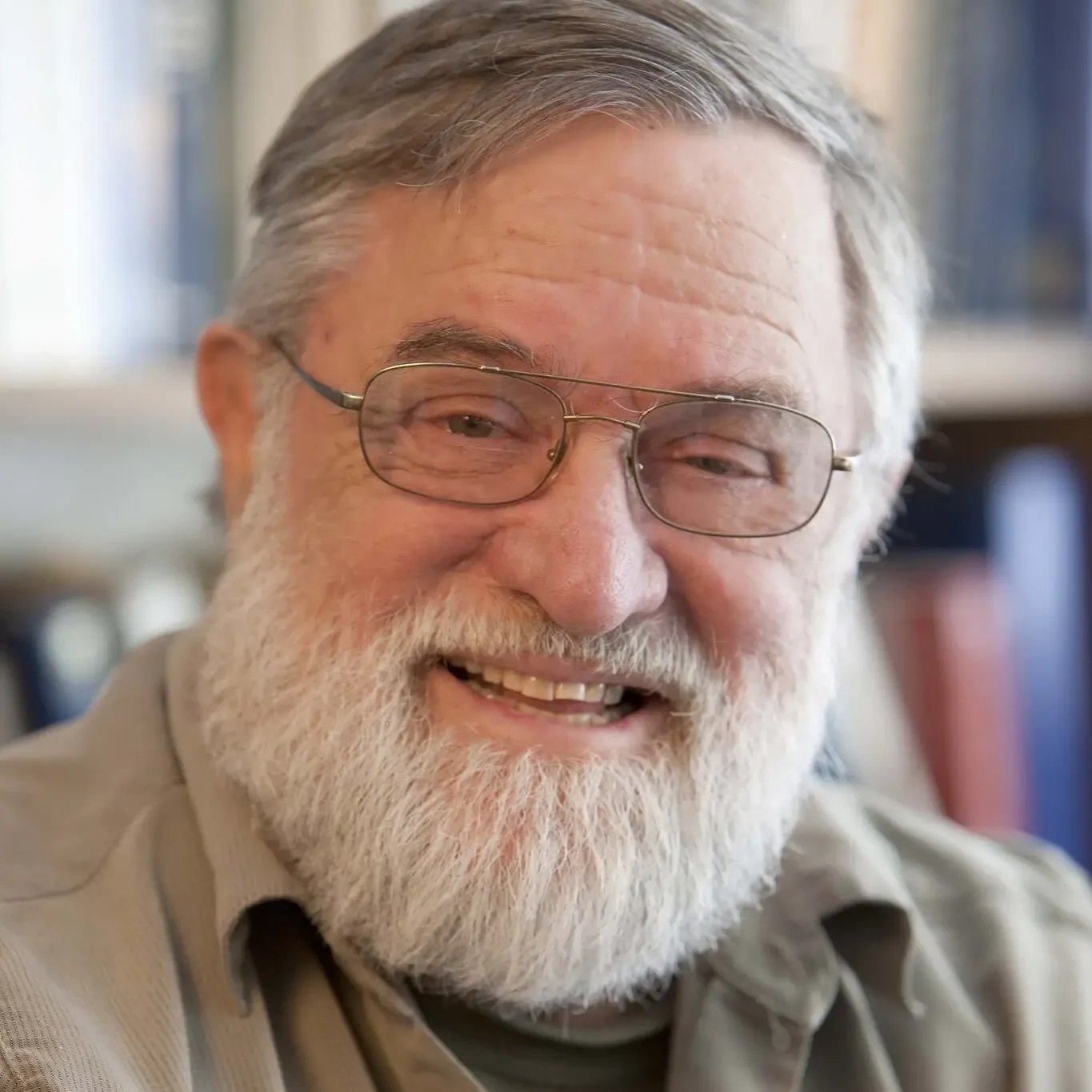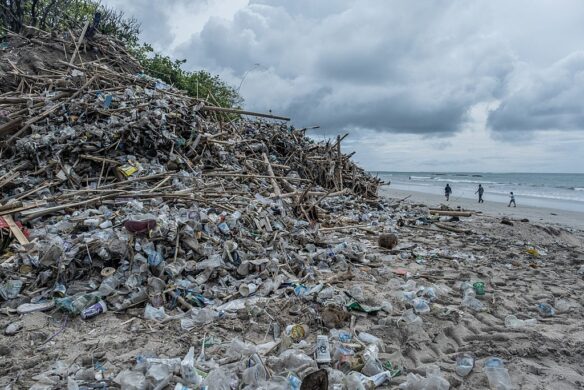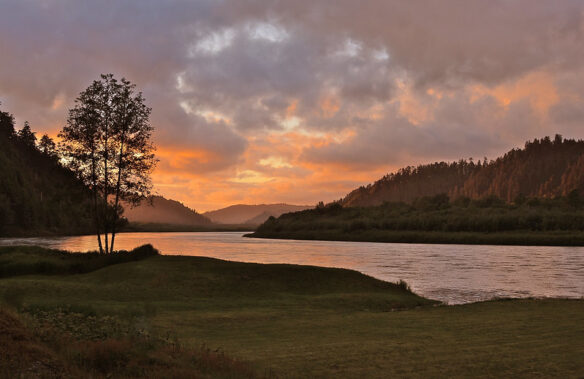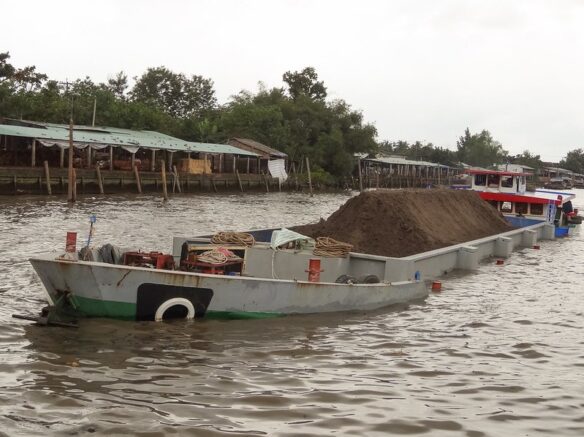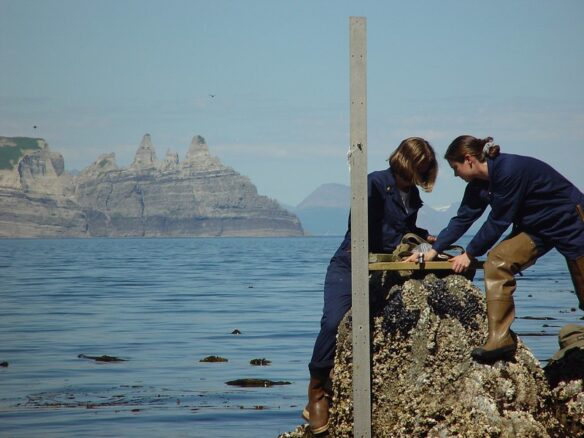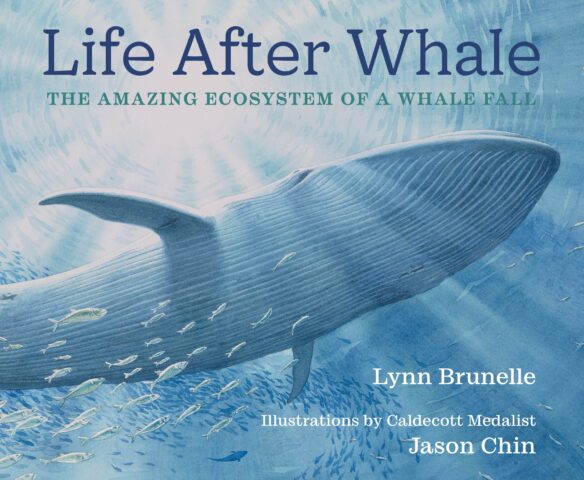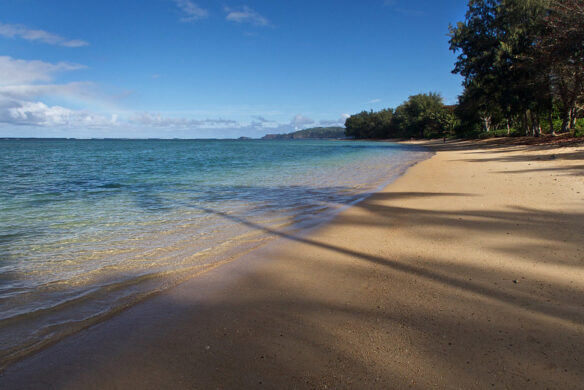We are sad to report that a true coastal legend passed away after a short illness on December 13, 2024. Dr. Orrin Pilkey was Professor Emeritus of Earth and Ocean Sciences, Nicholas School of the Environment at Duke University, and founder and Director Emeritus of the Program for the Study of Developed Shorelines. Orrin was a friend and colleague to many of us, and special for enumerable reasons. We thought this amazing guy was so tough and resilient that he would simply live on forever.
While my friendship with Orrin spans decades, my initial introduction to CoastalCare.org and his role in its creation was an email he sent in the Spring of 2014, when my wife and I were on a ship somewhere in the Atlantic Ocean. Orrin asked if I could write some Beach of the Month stories for the site.
I soon learned that Orrin had been a driving force in the development of this wonderful site, playing an important role in both contributing his own writing, and also rallying so many others to join in and help. And it all started with a chance meeting between Orrin and the founder/benefactor of CoastalCare.org (the Santa Aguila Foundation), in which Orrin was alerted to the the mining of beach sand in Morocco.
Approximately a year later, Orrin traveled to Morocco with a graduate student, and Joe Kelley, a coastal geologist from the University of Maine, to witness firsthand the extent of sand mining and its devastating impact. Their observations were captured in a white paper, and during this same time, the decision was made to launch CoastalCare.org, a platform dedicated to informing and educating the public about coastal issues, specifically beach sand mining. The site debuted in 2007, and has expanded as new coastal issues have arisen.
Orrin was Rob Young’s PhD advisor and mentor at Duke University. Rob is a well-known coastal geologist in his own right, and currently serves as Director of the Program for the Study of Developed Shorelines. He was very close to Orrin and wrote a touching piece on his LinkedIn site, which I believe merits reposting here in Rob’s words.
Let’s see if I can post this without having to take a break. My friend, mentor, and second father passed away yesterday from pneumonia. He was 90 years old. There will be more to come as the coastal community processes this loss. I won’t go through his accomplishments here. This is going to be personal. He was dogmatic, for sure. But, even his harshest critics, when they got to know him as a person, loved him and his wife Sharlene (he and Bob Dean were friends). He was generous to a fault. He was funny as hell. He drank. He smoked (when younger mostly). You could fill volumes with his exploits. Smoke jumper. Ran the Boston Marathon on a dare and beat the man who dared him. Broke his neck diving into water into shallow water when students said it was too cold. His home is Hillsborough, NC had a giant ship’s anchor in the front yard with an anchor rode that wrapped around the chimney. He had his graduate students slaughter his chickens. The doors of his house were never locked. It was the center of social life while I was at Duke. I will never, ever forget watching the greatest basketball game of all time at Orrin’s house (1992 Duke vs. Kentucky). You can still hear us screaming. My approach to coastal science and management is very different from his. But, my approach to life is not. My Dad died when I was 21. Orrin was the closest thing to a father I had for the last 40 years. He gave me my current position. I owe him so much. He always said he was proud of me. Nothing ever meant more to me than hearing that and nothing makes me want to believe in an afterlife more than imagining Sharlene saying to Orrin: “well, you took your goddamn time Pilkey!”
Orrin’s early years were spent far from the ocean at the Hanford Nuclear Production Complex in eastern Washington, where his father was employed. He received his B.S. degree in geology at Washington State College, a M.S. in geology at the University of Montana, and then a move to the Atlantic coast where he earned a Ph.D. in geology at Florida State University. He started as a professor at Duke University in North Carolina in 1965 where he was to remain for the remainder of his long career.
While his early research was focused on deep-sea sediments (as was my own off Oregon), after Hurricane Camille destroyed his parent’s home in Waveland, Mississippi in 1969, he started a life-long career studying, teaching and writing about coasts and beaches.
In 1982 Orrin published From Currituck to Calabash: Living with North Carolina’s Barrier Islands, which was the first of what was to become a series of coastal books on the shorelines of individual coastal states and have had a major impact on the public understanding of coastal hazards and development. Each of these books described and illustrated the processes that developed and affected the shorelines of each state as well as the hazards that impacted development. He convinced an entire group of coastal geologists to take on the responsibility of writing similar books, the Living with the Shore series, which grew to include California (which I initially co-wrote with a graduate student, Lauret Savoy in 19985; and then revised and updated in 2005 with another graduate student, Kiki Patsch), and Texas, West Florida, Alabama and Mississippi, Louisiana, East Florida, Georgia, South Carolina, Chesapeake Bay and Virginia, New Jersey, Long Island, Connecticut, Maine, Lake Erie, Puget Sound and the Georgia Strait, Puerto Rico, the Pacific Northwest and Alaska. This series of books speaks volumes about Orrin’s power if persuasion and his dedication to getting the science of the shoreline into the hands of those who make decisions on buying, building or managing the nation’s shorelines. And Orrin along with colleague William Neal served as series editors for this impressive effort.
In addition to this large collection of books, Orrin Pilkey has an entire library of books he wrote himself (45 at last count), or sometimes with a family member or colleague including How to Live With an Island, The Beaches are Moving: The Drowning of America’s Shoreline; Coastal Design, A Guide for Planners, Developers and Homeowners; The Corps and the Shore; Living by the Rules of the Sea; A Celebration of the World’s Barrier Islands; How to Read a North Carolina Beach; The Rising Sea; Global Climate Change: A Primer; The World’s Beaches: A Global Guide to the Science of the Shoreline; The Last Beach; Retreat from a Rising Sea; and Lessons from the Sand- Friendly Science Activities You Can do on a Carolina Beach, among others. To say he writes book about the coast and beaches would be an understatement, and in fact, Orrin Pilkey can only be described in superlatives.
He has also published over 250 scientific articles and technical publications and had an important role in many documentaries and videos, including Shored Up (2013), Sand Wars (2013) and The Beaches Are Moving (1992). These accolades don’t even begin to touch on the multitude of interviews and speaking engagements over his career focusing on coastal and beach issues and educating the public about the importance and the need to respect and protect our shorelines and beaches, nor the hundreds of students he has taught, encouraged and mentored.
Orrin Pilkey has left an unmatched legacy that will remain vibrant and enduring for years to come. We will deeply miss his energy, charm, sense of humor, and the unique spirit he brought to everything he did.

